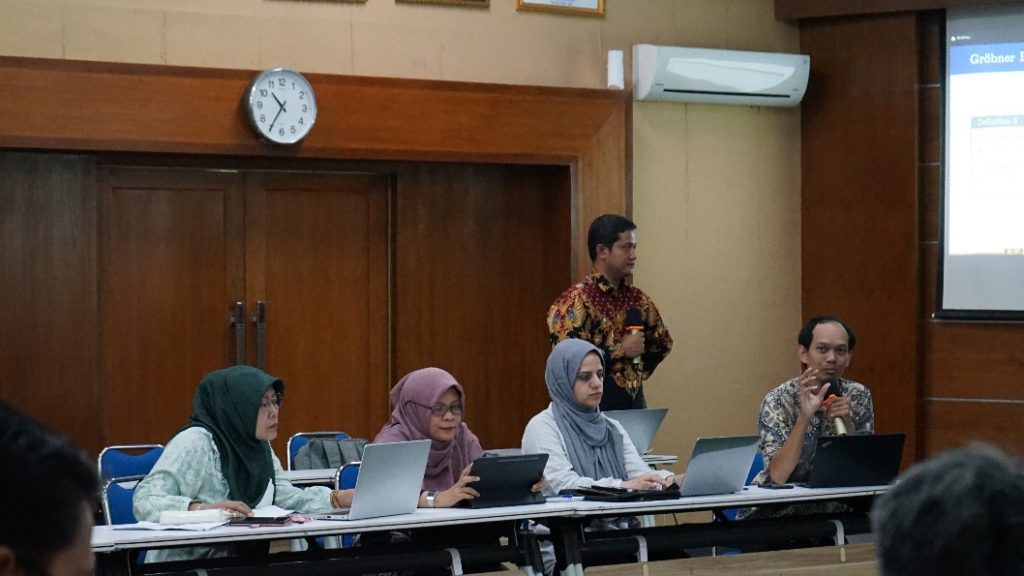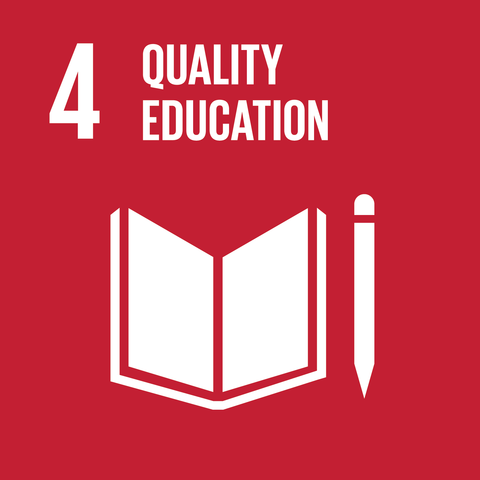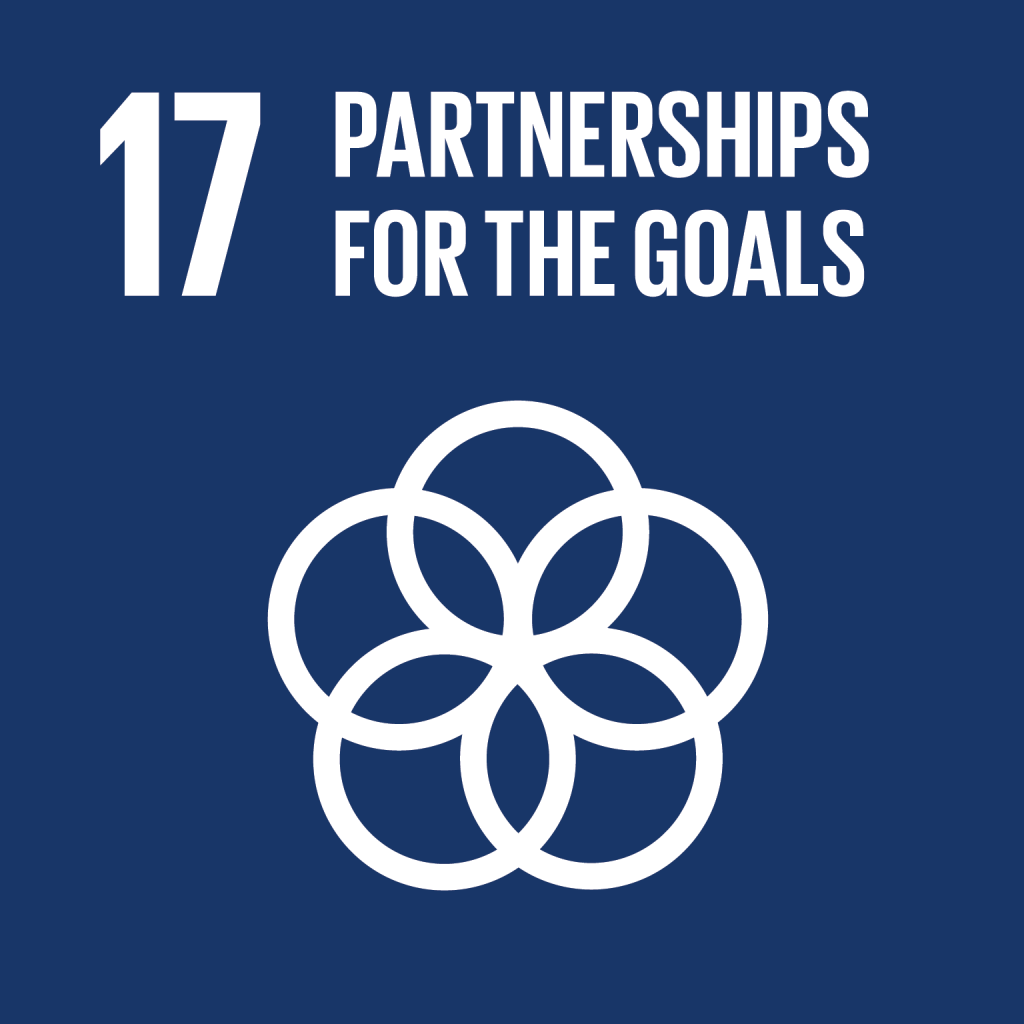 Yogyakarta, August 7, 2024 — The Department of Mathematics at Universitas Gadjah Mada (UGM) once again held a scientific seminar series titled “Demomatika Series 5 in Collaboration with Algebra Joint Seminar,” conducted in a hybrid format on Wednesday, August 7, 2024. The event was attended by 65 online participants and 24 offline participants at Auditorium A.106 FMIPA UGM. The seminar was smoothly and interactively moderated by Uha Isnaini, Ph.D.
Yogyakarta, August 7, 2024 — The Department of Mathematics at Universitas Gadjah Mada (UGM) once again held a scientific seminar series titled “Demomatika Series 5 in Collaboration with Algebra Joint Seminar,” conducted in a hybrid format on Wednesday, August 7, 2024. The event was attended by 65 online participants and 24 offline participants at Auditorium A.106 FMIPA UGM. The seminar was smoothly and interactively moderated by Uha Isnaini, Ph.D.
The seminar featured two main speakers who are experts in their fields. The first speaker, Ari Dwi Hartanto, M.Sc., a lecturer at FMIPA UGM, presented a captivating topic on “Computation of Tropical Gröbner Bases.” Ari explained the basic concepts and applications of Gröbner Bases in the context of tropical algebra. Tropical algebra is a rapidly growing branch of mathematics known for its applications in various fields, ranging from cryptography and coding theory to graph theory. On this occasion, Ari introduced the extension of Gröbner Bases into Tropical Gröbner Bases, which help simplify algebraic problems and provide powerful analytical tools to solve polynomial equations with special structures.
This topic attracted the participants’ attention due to the importance of Gröbner Bases in understanding and categorizing solutions of nonlinear equation systems in tropical algebra. Ari’s explanation also covered techniques for identifying and utilizing Gröbner Bases in analyzing the geometric properties of tropical varieties. Gröbner Bases have broad applications in optimization and computer science, even being applied in robotics for modeling the movement of robotic arms. This effort aligns with SDG 4 (Quality Education) and SDG 9 (Industry, Innovation, and Infrastructure) by providing quality education and supporting technological innovation.
Dr. Mahboube Nasiri from Ferdowsi University of Mashhad, Iran, delivered an in-depth presentation on “Some Kinds of Non-Commuting Graphs.” In her presentation, Dr. Nasiri explored the structure of graphs formed from elements in groups that do not satisfy the commutative property, where the order of operations affects the outcome. These non-commutative graphs provide a visual representation of the relationships between elements in non-commutative groups.
Non-commutative graphs, or non-commuting graphs, are types of graphs where each node represents an element of a group, and two nodes are connected by an edge if the operation between those two elements is non-commutative. This means for two elements
aaa and bbb in the group, there is an edge between the two nodes if ab≠ba. Through these graphs, the complexity of relationships within algebraic structures, especially in non-commutative groups, which frequently appear in various mathematical and physical applications, can be visualized.
Dr. Nasiri also outlined the practical applications of these non-commutative graphs in the study of group theory and non-commutative algebra, which is a branch of mathematics that studies algebraic structures with non-commutative operations. By discussing various types of non-commutative graphs and their applications, Dr. Nasiri provided new insights into how more complex algebraic structures can be analyzed through a graph approach. This presentation not only enriched participants’ understanding of advanced mathematical topics but also encouraged international research collaboration supporting SDG 17 (Partnerships for the Goals). Through this seminar, cross-country knowledge exchange and academic collaboration were enhanced, strengthening the global scientific network.
This event not only provided a deeper understanding of advanced topics in mathematics but also served as a platform for the exchange of ideas and productive discussions among academics and researchers from various institutions. The Department of Mathematics at UGM remains committed to advancing mathematical research and education, and building international partnerships that benefit the development of scientific knowledge.


 Keywords: Algebra, Computation of Gröbner Bases, Non-Commutative Graphs
Keywords: Algebra, Computation of Gröbner Bases, Non-Commutative Graphs
Author: Endang Sulastri
Editor: Uha Isnaini
Photo: Christina Agustin Raphonita Simbolon
